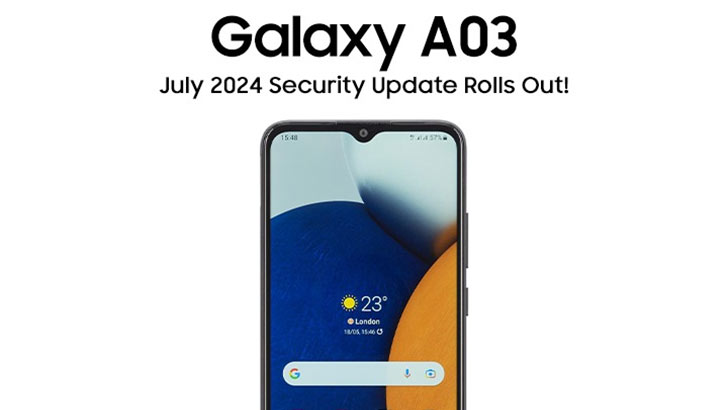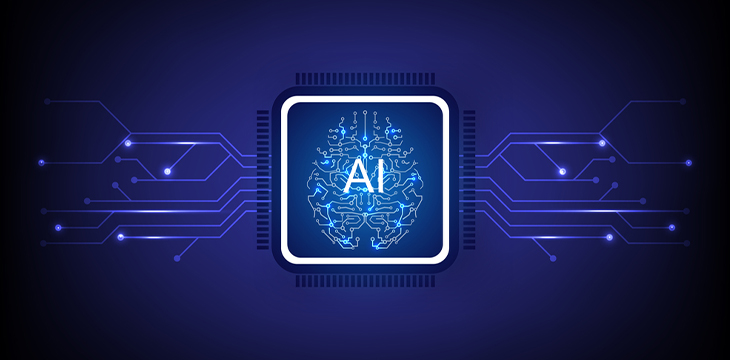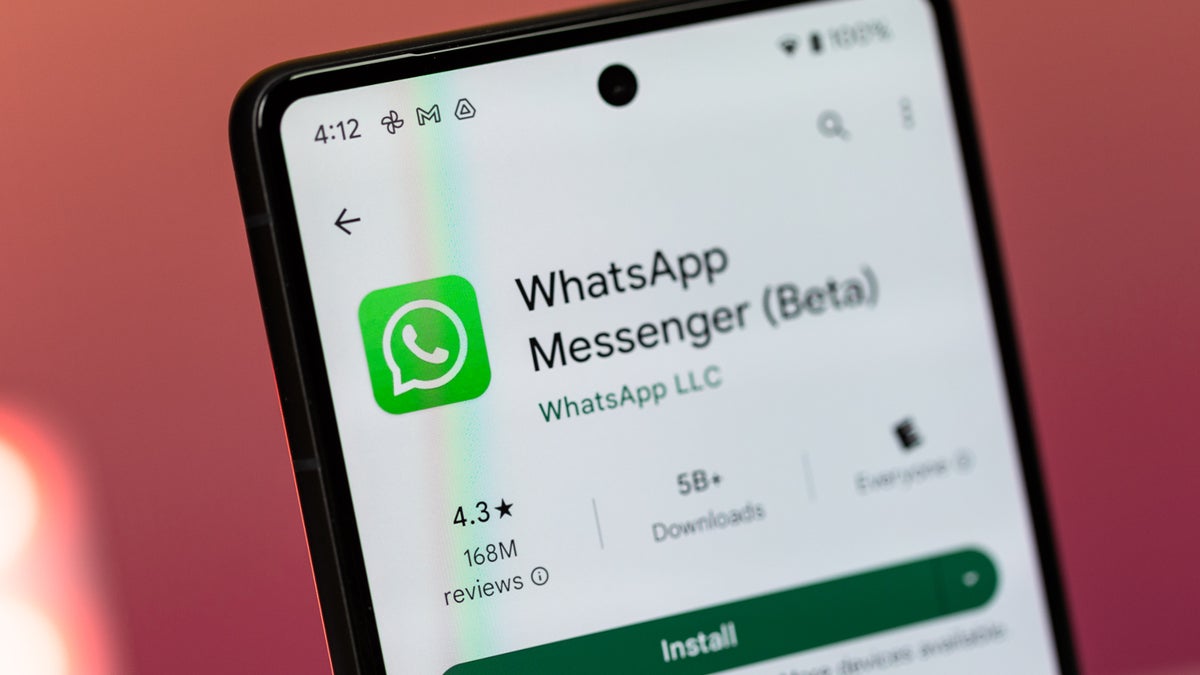VPN a world where digital privacy and security are becoming increasingly crucial, Virtual Private Networks (VPNs) have emerged as essential tools for anyone looking to protect their data online. As 2024 unfolds, the demand for VPN services continues to rise, with more people than ever seeking ways to keep their internet activities private and secure. But with so many VPN options out there, which ones truly stand out in terms of privacy and security?
This article will guide you through the best VPN services for 2024, focusing on their ability to safeguard your online identity while offering the most comprehensive protection. Through a storytelling mode, we’ll explore these services, and their features, and help you determine which is best for your needs.
Outline
- Introduction
- The growing importance of VPNs in 2024.
- What makes a VPN essential for privacy and security?
- What is a VPN?
- A simple explanation of how VPNs work.
- Why VPNs are critical for safeguarding data in 2024.
- Top VPN Services for 2024
- NordVPN: The leader in privacy.
- ExpressVPN: The fastest and most secure.
- Surfshark: The budget-friendly option with strong features.
- CyberGhost: User-friendly with excellent encryption.
- ProtonVPN: A focus on security and privacy.
- The Importance of Encryption
- How encryption works in VPNs.
- Why encryption is key to a VPN’s security.
- Case Study: Sarah’s Search for Privacy
- Sarah’s journey in finding the right VPN.
- Her experience with different services and how she chose the best one for her needs.
- Privacy and No-Logs Policies
- The significance of no-logs policies in VPN services.
- Which VPNs in 2024 have the strongest privacy policies?
- Factors to Consider When Choosing a VPN
- Speed and performance.
- Server locations and global coverage.
- Security features and protocols.
- Compatibility and ease of use.
- Case Study: Mark’s Global Security Needs
- Mark’s frequent travels and reliance on VPNs for safe internet access.
- How he uses VPNs to stay secure in different countries.
- Why VPNs Are More Important Now Than Ever
- The rise of cyber threats in 2024.
- How VPNs offer protection against hackers, surveillance, and data breaches.
- Frequently Asked Questions (FAQs)
- What is the best VPN for complete anonymity?
- Are free VPNs safe to use?
- How do VPNs protect me from hackers?
- Do VPNs slow down my internet connection?
- Can I use a VPN on multiple devices?
- Conclusion
- The future of VPN technology and what to expect.
- Final thoughts on choosing the best VPN for privacy and security in 2024.
Introduction
The digital world is evolving rapidly, and as we enter 2024, the need for strong online privacy and security measures has never been more pressing. From data breaches to government surveillance, users are becoming more aware of the vulnerabilities that come with being constantly connected to the internet. This awareness has led to a surge in the popularity of VPNs—tools that not only secure your internet connection but also provide anonymity by masking your IP address.
VPNs have gone from being a niche product for tech enthusiasts to a mainstream necessity, used by millions worldwide. Whether you’re streaming content, working remotely, or simply browsing the web, having a reliable VPN service can protect your data from prying eyes. But with so many options available, it can be overwhelming to choose the right one. This article will break down the top VPN services for 2024, highlighting their strengths and what makes them ideal for your privacy and security needs.
What is a VPN?
A VPN, or Virtual Private Network, creates a secure and encrypted connection between your device and the internet. This encryption makes it nearly impossible for hackers, governments, or even your Internet Service Provider (ISP) to track your online activities. VPNs also allow you to bypass geographical restrictions, granting access to content that may be blocked in your location.
Think of a VPN as a private tunnel through which your data travels. This tunnel ensures that no one can see what you are doing online, providing you with an extra layer of security. In 2024, with increasing online threats and more sophisticated tracking methods, VPNs have become a vital tool for maintaining your privacy.
Top VPN Services for 2024
When selecting a VPN for privacy and security, there are several key factors to consider, including encryption strength, speed, and privacy policies. Below are the best VPN services for 2024 that excel in these areas:
1. NordVPN: The Leader in Privacy
- Encryption and Security: NordVPN offers top-notch security with AES-256 encryption and features like Double VPN, which routes your traffic through two servers for extra protection.
- No-Logs Policy: NordVPN is one of the most privacy-focused VPNs on the market, with a strict no-logs policy that has been independently audited.
- Performance: With over 5,000 servers in 60 countries, NordVPN offers fast and reliable connections, even when streaming or downloading large files.
2. ExpressVPN: The Fastest and Most Secure
- Encryption and Security: ExpressVPN uses industry-leading AES-256 encryption and features like split tunneling and a kill switch to protect your data.
- Speed: Known for its lightning-fast speeds, ExpressVPN is ideal for users who require both security and performance, especially when streaming content or gaming.
- Global Coverage: With servers in over 90 countries, ExpressVPN offers extensive global coverage, making it a top choice for international users.
3. Surfshark: The Budget-Friendly Option with Strong Features
- Encryption and Security: Despite being a more affordable option, Surfshark offers robust security features such as AES-256 encryption, CleanWeb (ad-blocker), and MultiHop (double VPN).
- Unlimited Devices: Surfshark allows you to connect an unlimited number of devices under one subscription, making it a great option for families or small businesses.
- No-Logs Policy: Surfshark also adheres to a strict no-logs policy, ensuring your data remains private.
4. CyberGhost: User-Friendly with Excellent Encryption
- Encryption and Security: CyberGhost provides military-grade encryption and specialized servers optimized for streaming and torrenting.
- User Experience: With a simple and intuitive interface, CyberGhost is perfect for beginners who want strong security without the complexity.
- Server Network: With over 7,000 servers in 90+ countries, CyberGhost offers a vast network for secure browsing.
5. ProtonVPN: A Focus on Security and Privacy
- Encryption and Security: Developed by the creators of ProtonMail, ProtonVPN places a strong emphasis on security, offering AES-256 encryption and a strict no-logs policy.
- Privacy: ProtonVPN is based in Switzerland, a country known for its strong privacy laws, providing users with enhanced legal protection.
- Free Tier: ProtonVPN offers a free tier with unlimited data, which is a rarity among VPN providers.
The Importance of Encryption
Encryption is the backbone of any VPN service. Without strong encryption, your data is vulnerable to interception and monitoring. VPNs use various encryption protocols, such as OpenVPN, WireGuard, and IKEv2/IPSec, to ensure that your data remains secure while it travels through the internet.
In 2024, the AES-256 encryption standard remains the most widely used and trusted. This level of encryption is so secure that it is used by governments and military organizations worldwide. The VPN services mentioned above all use this encryption standard, ensuring that your data is protected from even the most sophisticated cyber threats.
Case Study: Sarah’s Search for Privacy
Sarah, a freelance journalist, often travels to countries with restrictive internet laws. Her work requires her to access sensitive information online, and she needs a VPN that offers the highest level of security and privacy.
Sarah started her search for the best VPN by evaluating her priorities: privacy, speed, and global coverage. She tried out several VPN services, including NordVPN, ExpressVPN, and ProtonVPN. While all three offered excellent security, she ultimately chose ProtonVPN because of its Swiss jurisdiction and strong commitment to privacy.
For Sarah, the choice of ProtonVPN was about more than just encryption; it was about trust. She needed a VPN that wouldn’t log her activities or be subject to invasive government demands. ProtonVPN’s transparency reports and clear no-logs policy reassured her that her data would remain private.
Privacy and No-Logs Policies
A no-logs policy means that the VPN provider does not keep records of your online activities. This is crucial for maintaining your privacy, as governments or hackers can potentially access logs. In 2024, many VPN providers are offering independently audited no-logs policies to build trust with users.
NordVPN, Surfshark, and ExpressVPN are all known for their strong no-logs policies. NordVPN, in particular, underwent an independent audit by PricewaterhouseCoopers, which verified that they do not store user activity data.
When choosing a VPN, it’s important to check if a third party has audited their no-logs policy. This transparency ensures that the provider is upholding their commitment to protecting your privacy.
Factors to Consider When Choosing a VPN
When selecting a VPN service, consider the following factors:
- Speed and Performance: How fast is the VPN? A slow connection can be frustrating, especially when streaming or gaming.
- **Server Locations and Globa
- Security Features and Protocols: Beyond encryption, consider what additional security features the VPN provides. Look for services that offer a kill switch (which disconnects you from the internet if the VPN connection drops), split tunneling (allowing you to choose which traffic goes through the VPN), and protection against DNS or IP leaks.
- Compatibility and Ease of Use: A VPN should be easy to use on all your devices. Whether you’re using Windows, macOS, iOS, Android, or even Linux, make sure the VPN offers apps that are compatible with your devices. Also, check if the VPN supports simultaneous connections across multiple devices
- Customer Support: Responsive and helpful customer support is essential, especially if you run into technical issues or have questions about the service. Look for VPN providers that offer 24/7 customer support through live chat, email, or phone.
-
Case Study: Mark’s Global Security Needs
Mark, a digital nomad, travels frequently and often works from public Wi-Fi networks in cafes and co-working spaces. Concerned about the security of his personal data, he decided to invest in a VPN that could protect him from the vulnerabilities of public Wi-Fi while ensuring that he could still access content from his home country while abroad.
After researching several VPNs, Mark decided to try out ExpressVPN, CyberGhost, and Surfshark. He found ExpressVPN to be the fastest and most reliable for his needs, particularly when accessing streaming services. However, CyberGhost won him over with its user-friendly interface and specialized servers for streaming and torrenting.
Mark eventually chose CyberGhost for its ease of use and strong encryption, but he also appreciated Surfshark’s ability to connect multiple devices at once. This feature was particularly useful for Mark since he often switches between his laptop, tablet, and smartphone throughout the day.
Why VPNs Are More Important Now Than Ever
As we progress through 2024, cyber threats are becoming increasingly sophisticated. From phishing attacks to ransomware, hackers are continuously finding new ways to exploit vulnerabilities in the digital world. In addition to these external threats, the rise of invasive government surveillance has made protecting personal data more critical than ever.
VPNs offer a robust line of defense against these threats. By encrypting your internet traffic and masking your IP address, a VPN ensures that your online activities are hidden from both cyber criminals and unwanted surveillance.
Moreover, as remote work continues to grow, many professionals find themselves relying on VPNs to secure their work data while using unsecured networks. Whether you’re a freelancer, an entrepreneur, or someone working remotely for a corporation, a VPN can protect your sensitive work information from being intercepted by malicious actors.
Frequently Asked Questions (FAQs)
1. What is the best VPN for complete anonymity?
- NordVPN and ProtonVPN are two of the best choices for users seeking complete anonymity. Both offer robust encryption, strict no-logs policies, and privacy-focused features such as double VPN and secure core servers (in the case of ProtonVPN).
2. Are free VPNs safe to use?
- Free VPNs can be a gamble. While there are some reputable free options like ProtonVPN’s free tier, many free VPNs compromise on privacy and security. Some even collect and sell user data. It’s generally better to opt for a paid VPN service for more reliable protection.
3. How do VPNs protect me from hackers?
- VPNs use encryption to secure your internet connection, making it difficult for hackers to intercept your data. This is especially important when using public Wi-Fi, which is more susceptible to cyberattacks.
4. Do VPNs slow down my internet connection?
- VPNs can reduce your internet speed, but the extent of the slowdown depends on the VPN service and the server you’re connected to. High-quality VPNs like ExpressVPN and NordVPN minimize this impact by offering fast and optimized servers.
5. Can I use a VPN on multiple devices?
- Yes, most VPN services allow multiple simultaneous connections. For example, Surfshark lets you connect an unlimited number of devices under one subscription, making it an excellent option for families or small businesses.
6. What is split tunneling, and why would I need it?
- Split tunneling is a feature that allows you to choose which traffic goes through the VPN and which bypasses it. This is useful if you want to access local websites without the VPN while still protecting sensitive data with encryption.
7. How does a kill switch work?
- A kill switch is a security feature that automatically disconnects you from the internet if your VPN connection drops. This prevents your data from being exposed during moments of vulnerability.
8. Are VPNs legal?
- VPNs are legal in most countries, but some governments, particularly in places like China, Russia, and Iran, heavily regulate or ban their use. Always check your local laws before using a VPN.
9. Can a VPN protect me from government surveillance?
- While a VPN can significantly reduce your online visibility, it cannot guarantee complete protection from government surveillance. However, choosing a VPN with strong encryption and a strict no-logs policy will make it more difficult for authorities to track your online activities.
10. Do I need a VPN if I’m not doing anything illegal?
- Yes! VPNs protect your privacy and security regardless of your online activities. Even if you’re not engaging in illegal behavior, a VPN can help protect you from hackers, advertisers, and other entities that may try to monitor your data.
Conclusion
As we move further into 2024, the importance of protecting your digital privacy and security cannot be overstated. VPNs have become essential tools for anyone looking to safeguard their online activities from hackers, government surveillance, and other threats. By encrypting your data and masking your IP address, a VPN provides an invaluable layer of protection in an increasingly connected world.
When choosing the best VPN for privacy and security, consider factors like encryption strength, no-logs policies, speed, server locations, and ease of use. Whether you prioritize privacy, speed, or affordability, the VPN services highlighted in this article—NordVPN, ExpressVPN, Surfshark, CyberGhost, and ProtonVPN—offer some of the best protection available in 2024.
Ultimately, the best VPN for you will depend on your individual needs. Whether you’re a journalist like Sarah, a digital nomad like Mark, or simply someone who wants to browse the web securely, there’s a VPN out there that can help protect your data and maintain your privacy. The future of online security is uncertain, but one thing is clear: a reliable VPN is your best defense in 2024.



